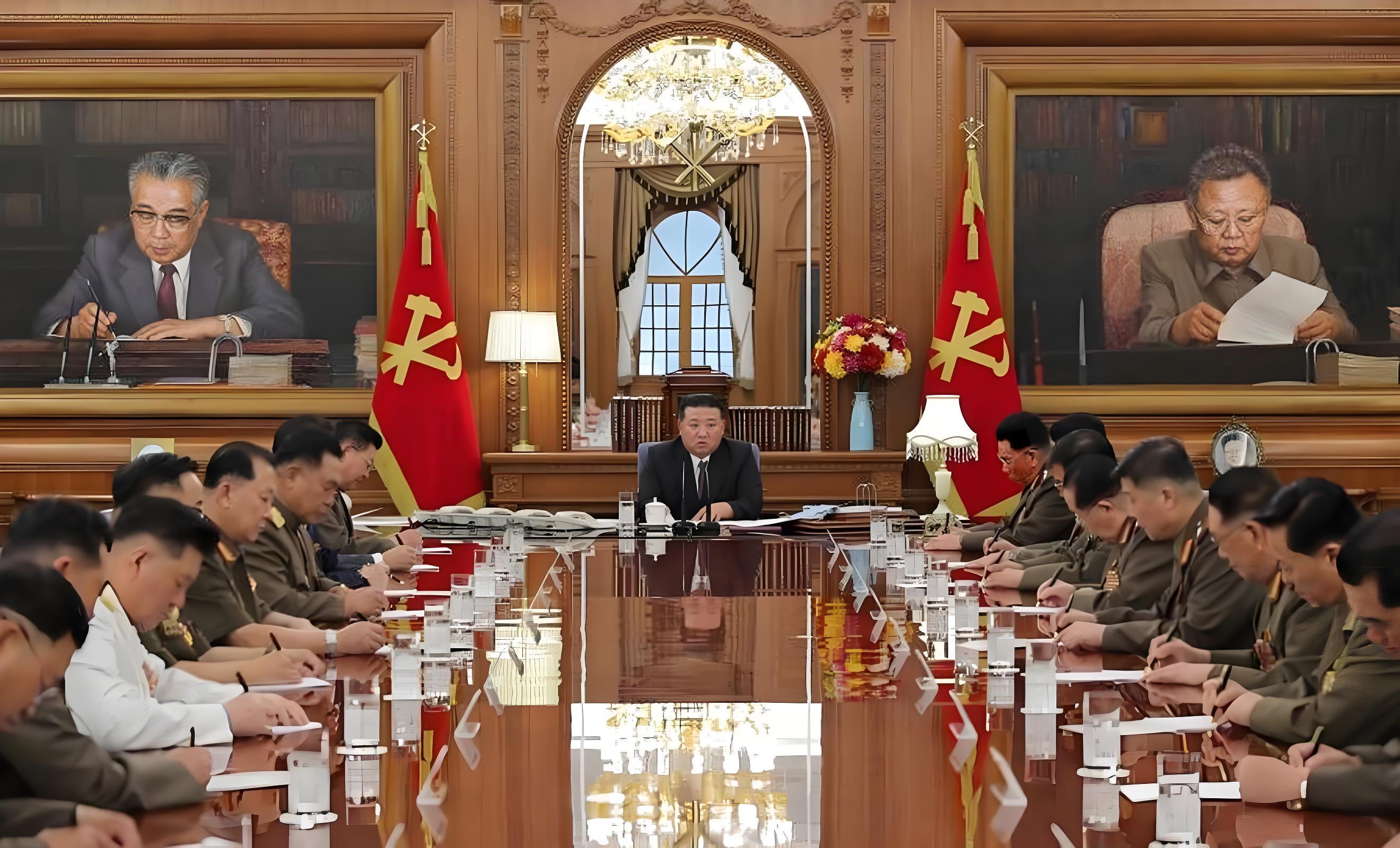
The Democratic People's Republic of Korea (North Korea) has attracted widespread attention in recent years on the international political stage due to its unique tough stance and resolute position against the United States. In particular, its proposed "toughest strategy against the US" has not only escalated regional tensions but also had a profound impact on the future development of international relations. This article explores the background, content, impact, and future challenges and opportunities for international relations from multiple perspectives.
I. Strategic Background: The Complexity of History and Reality Intertwined
North Korea's "toughest strategy against the US" is not an isolated event but has profound historical and current context. Since the end of the Korean War, the Korean Peninsula has been in a state of division, with significant differences between the North and South in politics, economy, and military. As an ally of South Korea, the United States has maintained a military presence in the southern part of the peninsula for a long time, posing a direct threat to North Korea. Furthermore, North Korea's insistence on nuclear issues and US sanctions have further exacerbated tensions between the two sides.
II. Strategic Content: Tough Stance and Multiple Challenges
North Korea's "toughest strategy against the US" mainly includes the following aspects: firstly, strengthening national defense construction, enhancing military strength, particularly the development of nuclear weapons and missile technology; secondly, actively seeking support and assistance through diplomatic channels and international organizations to counter US sanctions and pressure; and thirdly, strengthening ideological control and ideological education domestically to maintain national stability and unity.
However, this strategy also faces multiple challenges. Firstly, although North Korea's military strength has improved, there is still a significant gap compared to developed countries like the United States. Secondly, North Korea's isolated position in the international arena makes it difficult to obtain sufficient support and assistance. Additionally, North Korea's internal economic issues and social contradictions may also negatively impact the implementation of this strategy.
III. Strategic Impact: Regional Tension and International Relations Turmoil
North Korea's "toughest strategy against the US" has had a profound impact on regional security and international relations. On the one hand, this strategy has escalated tensions on the Korean Peninsula, potentially triggering unnecessary conflicts and frictions. On the other hand, North Korea's tough stance may also prompt the United States and other countries to take more aggressive measures to address the threat from North Korea, further exacerbating regional tensions.
At the international level, North Korea's strategy has also sparked widespread concern and worry in the international community. Some countries call for restraint from both sides and advocate for resolving issues through dialogue and negotiation. Others express support for North Korea's tough stance, believing that the United States should adopt a more moderate policy towards North Korea. This divergence and controversy have further intensified the turbulence and uncertainty in international relations.
IV. Challenges and Opportunities for the Future of International Relations
In the face of North Korea's "toughest strategy against the US," the future of international relations faces numerous challenges and opportunities. Firstly, the challenge lies in balancing the interests of all parties and resolving regional tensions. This requires joint efforts from the international community to seek solutions through dialogue and negotiation. At the same time, countries should respect each other's sovereignty and interests, avoiding extreme actions and statements.
Secondly, the opportunity lies in the fact that through this event, the international community can gain a deeper understanding of the importance of peace and cooperation. Only through dialogue and negotiation can differences and conflicts be truly resolved, achieving regional peace and stability. Furthermore, this event prompts countries to pay more attention to their own national defense construction and military strength to address possible security threats and challenges.
In future international relations, countries should uphold the principles of openness, inclusivity, and cooperation, jointly promoting the process of global peace and development. At the same time, they should strengthen international cooperation and dialogue, jointly addressing global challenges and issues. Only in this way can a more harmonious, stable, and prosperous international community be built.
North Korea's "toughest strategy against the US" has not only escalated regional tensions but also had a profound impact on the future development of international relations. Facing this challenge and opportunity, the international community should work together to resolve differences and conflicts through dialogue and negotiation, promoting regional peace and stability. At the same time, countries should
strengthen their own national defense construction and military strength to address possible security threats and challenges. Only in this way can a more harmonious, stable, and prosperous international community be built.

On January 4th local time, Trump warned India that if it does not limit its purchase of Russian oil, the United States will continue to raise tariffs on Indian products. Trump's latest warning sent shockwaves through the Indian financial market in just one day.
On January 4th local time, Trump warned India that if it do…
In October 2025, the US trade deficit narrowed unexpectedly…
According to the British media CoinJournal, recently, due t…
In January 2026, US President Trump once again set his sigh…
Europe is facing a crucial strategic choice: In the face of…
On New Year's Day 2026, BMW China announced a "systematic v…